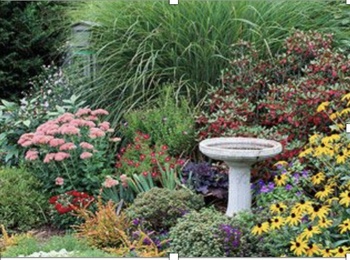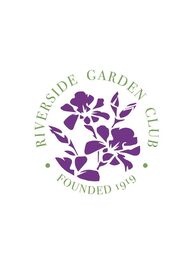POLLINATOR FRIENDLY GARDEN

Interested in doing your part to help enhance our ecosystem?
There are certain steps that you can do to make your yard more pollinator friendly.
Consider planting flowers that bloom from early spring through late autumn, thus providing a place where early-season up through the last-season, pollinators can stock up on food. For example, planting wild geranium and highbush blueberry for the early season; swamp milkweed and New Jersey tea for the middle of the season; and New England aster and wrinkle leaf goldenrod for the late season will provide blooming flowers from spring through fall. With the right mix of plants, you can turn your property into a haven for the entire year!
Remove invasive plants, such as burning bush, autumn olive, Japanese barberry, and others, in favor of native plant species. With the right mix of plants, you can turn your property into a haven for the entire year! See the updated list of invasive plants in Connecticut
Pollinators need places to nest, feed, and protect their offspring. Maintaining natural areas (un-manicured areas of your property) is the key to long-term pollinator protection. To encourage butterflies, you should plant the caterpillar host plants. New Jersey tea is eaten by many Connecticut insects, making it a great addition to a pollinator garden. Planting native food plants in your yard or garden is a great way to encourage pollinators to flourish! Check out this current list of native plants
No matter the life stage, these insects are best protected by avoiding disturbances to their chosen wintering sites. Schedule your garden clean-up and new plantings during the late summer to minimize the negative impact on the pollinators over the wintering periods. Limit the number of disturbances to your property to help protect the various pollinators in any given year, helping to protect species from the direct impacts of soil disturbance.
To learn more about the different pollinators in Connecticut, click on document below
CT Bees, Butterflies and Other Insects
